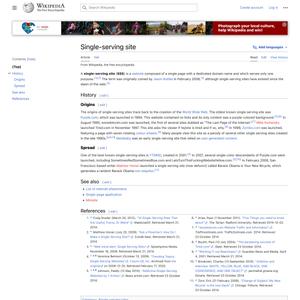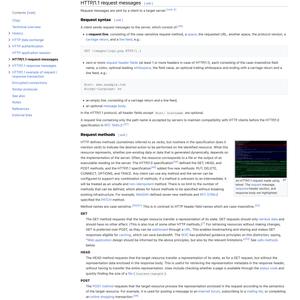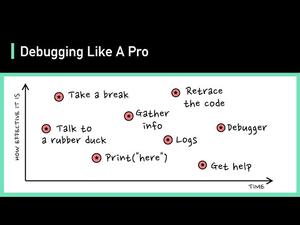

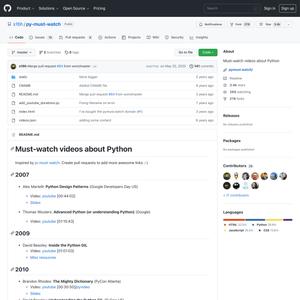


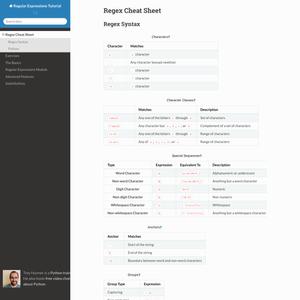

Static vs. dynamic typing
- Static typing means that a reference value is manifestly (which is not necessarily the same as at compile time) constrained with respect to the type of the value it can denote
- The language implementation, whether it is a compiler or an interpreter, both enforces and uses these constraints as much as possible
- A language is dynamically typed if the type is associated with run-time values, and not named variables
Variable typing
- A type system is a collection of rules that assign a property called type to various constructs in a computer program
- Types are assigned to variables, expressions, functions, modules...
- Defines a set of rules and protocols behind how a piece of data is supposed to behave
- Reduces the number of bugs by verifying that data is represented properly throughout a program
Types of types
- Primitive types – common types such as integers, booleans, floats, and characters
- Composite types – composed of more than one primitive type, e.g. an array or record - all composite types are considered data structures
- Abstract types – types that do not have a specific implementation (and thus can be represented via multiple types), such as a hash, set, queue, and stack
- Other types – such as pointers (a type which holds as its value a reference to a different memory location) and...
Compiler
(in a narrow sense)
turns a higher-level program into a native-binary program
A native-binary program is:
- a bunch of instructions (cleverly called the text segment)
- a bunch of space for global/static initialized data (named the data segment)
- a bunch of space for global/static uninitalized data (named the bss segment)
- a bunch of empty workspace for intermediate calculations (called the stack)
- a bunch of empty space to place stuff we don't know the size of before it's needed (called the heap)
Compiled vs. interpreted
- Programming languages are not classified as interpreted or compiled
- Their particular implementations are
- People confuse common implementation methods with necessary properties of language implementations
Imperative vs. declarative
- Imperative programming is about telling your machine how to do something
- Declarative programming is about telling your machine what you would like to happen in order to do something
